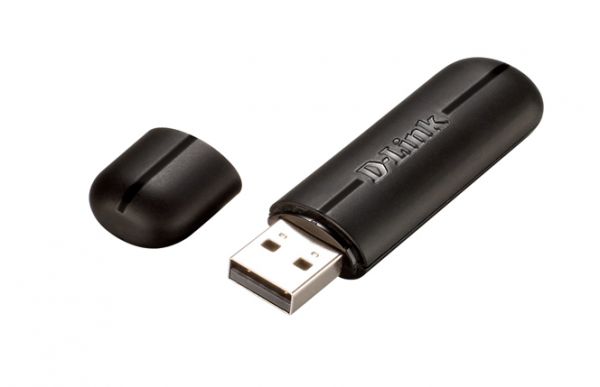

The IHV Extensions DLL can also specify a list of EtherTypes that will be excluded from payload decryption.


The IHV Extensions DLL calls Dot11ExtSetEtherTypeHandling to register a list of the IEEE EtherTypes for the security packets that the DLL will receive. Typically, the DLL returns the address of the WLAN adapter context array as the handle value. The operating system passes the handle value to the hIhvExtAdapter parameter of the IHV Handler functions related to the adapter-specific processing, such as Dot11ExtIhvReceiveIndication. The IHV Extensions DLL must return a unique handle value for the WLAN adapter through the phIhvExtAdapter parameter. Typically, the DLL saves this handle value within a member of its WLAN adapter context array. The IHV Extensions DLL must save this handle value and pass it to the hDot11SvcHandle parameter of the IHV Extensibility functions related to the adapter-specific processing, such as Dot11ExtSetKeyMappingKey. The hDot11SvcHandle parameter contains a unique handle value assigned by the operating system for the WLAN adapter. The IHV Extensions DLL must follow these guidelines when Dot11ExtIhvInitAdapter is called. Registers a list of IEEE EtherTypes for the security packets received and consumed by the IHV Extensions DLL.Ĭonfigures the adapter with any proprietary settings defined by the IHV. When the Dot11ExtIhvInitAdapter function is called, the IHV Extensions DLL does the following:Īllocates an array for the WLAN adapter context data, as well as any resources the DLL needs for the WLAN adapter. The operating system calls this function whenever a WLAN adapter becomes available and enabled for use, such as when a PCMCIA adapter is inserted. When the operating system detects a wireless LAN (WLAN) adapter for which an IHV Extensions DLL has been installed, the operating system calls the Dot11ExtIhvInitAdapter IHV Handler function.


 0 kommentar(er)
0 kommentar(er)
